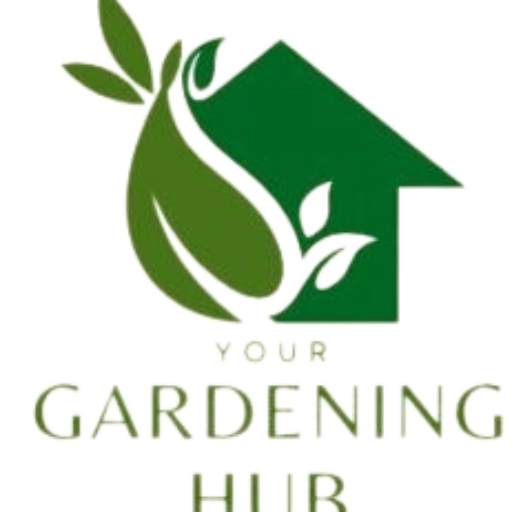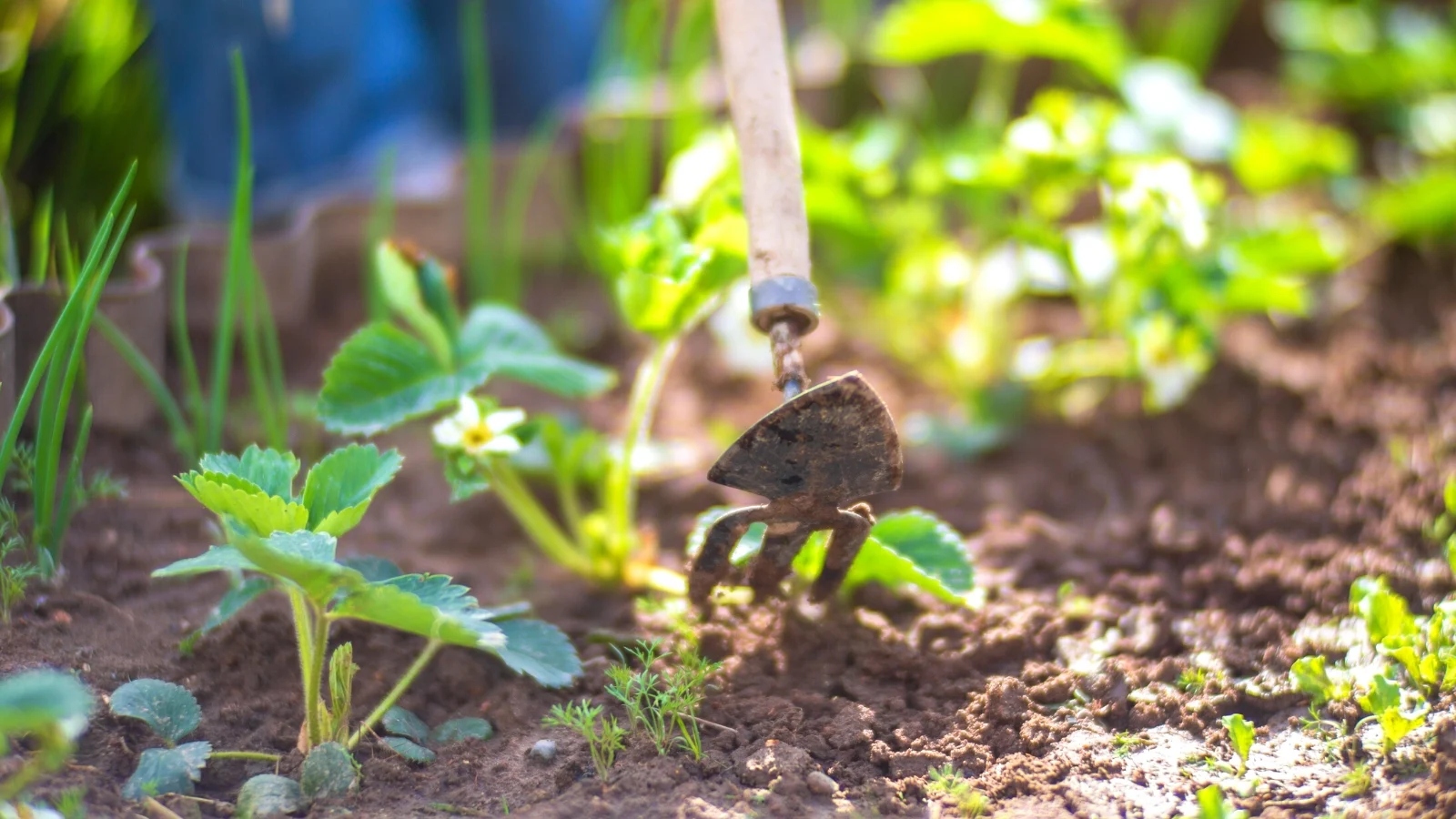Gardening is a rewarding and fulfilling hobby that connects individuals with nature, providing a therapeutic escape and yielding beautiful results. Whether you’re a seasoned gardener or just starting, these expert gardening tips will guide you toward creating a flourishing and vibrant garden.
When you first start gardening, it can seem like there is a never-ending list of things to learn and questions you have. What type of potting soil is ideal for planting vegetables, and how should you do it? When is the right time to divide your hostas and prune your hydrangeas? Is there enough water and sunlight for everything?
The good news is that there’s no better teacher than nature. You will gain more knowledge about what works and what doesn’t in the garden the more you plant. For now, though, use this collection of fundamental gardening tips to get the answers to some of the most frequently asked queries by novice gardeners. And remember to enjoy yourself while cultivating gorgeous flowers and food in your backyard!
Plan Your Garden Layout
Before you start planting, take the time to plan your garden layout. Consider the sunlight exposure, soil type, and spacing requirements for each plant. Group plants with similar water and sunlight need together to optimize their growth. This thoughtful planning ensures a harmonious and well-organized garden.
Understand Your Soil
The foundation of a successful garden lies in the soil. Different plants have different soil preferences, so it’s crucial to understand your soil type. Perform a soil test to determine its pH and nutrient levels. Amend the soil accordingly with compost, organic matter, or specialized fertilizers to create an ideal environment for your plants to thrive.
Choose the Right Plants
Selecting the right plants for your garden is essential. Consider factors such as climate, local weather conditions, and the specific needs of each plant. Opt for native plants whenever possible, as they are adapted to the local environment and often require less maintenance. Additionally, choose a mix of annuals and perennials to ensure year-round interest and color in your garden.
Water Wisely
Proper watering is crucial for plant health. Water your garden early in the morning or late in the evening to minimize evaporation and ensure the roots receive adequate moisture. Use a soaker hose or drip irrigation system to deliver water directly to the base of the plants, avoiding wetting the foliage, which can lead to diseases. Mulching around plants helps retain soil moisture and suppress weeds.
Embrace Companion Planting
Companion planting involves strategically placing plants next to each other to benefit one another. Some plants repel pests, while others attract pollinators. For example, planting marigolds can deter nematodes, while growing basil near tomatoes enhances flavor and deters certain pests. Research companion planting techniques to maximize the health and productivity of your garden.
Regular Pruning and Deadheading
Pruning is an essential task to encourage healthy growth and maintain the shape of your plants. Remove dead or diseased branches, spent flowers, and any overcrowded or weak growth. Deadheading, or removing faded flowers, promotes continuous blooming and prevents the plant from putting energy into seed production. Regular pruning also improves air circulation, reducing the risk of diseases.
Implement Integrated Pest Management (IPM)
Integrated Pest Management involves using a combination of biological, cultural, and chemical methods to manage pest problems in the garden. Encourage natural predators like ladybugs and lacewings, practice proper sanitation to reduce pest habitats, and use organic insecticides when necessary. IPM helps maintain a balance between pests and beneficial insects, minimizing the need for harsh chemical treatments.
Feed Your Plants Adequately
Plants need proper nutrition to thrive. Invest in a high-quality, balanced fertilizer to provide essential nutrients. Consider slow-release fertilizers for long-term feeding, and follow recommended application rates. Organic options like compost and well-rotted manure are excellent natural fertilizers that improve soil structure and fertility.
Create a Composting System
Composting is an eco-friendly way to recycle kitchen and garden waste into nutrient-rich soil conditioner. Set up a composting bin or pile in a discreet corner of your garden. Include kitchen scraps, yard clippings, and other organic materials. Regularly turn the compost to ensure proper aeration and decomposition. The resulting compost adds valuable organic matter to your soil, improving its fertility and structure.
Protect Your Garden from Extreme Weather
Be prepared to protect your garden during extreme weather conditions. Provide shade for delicate plants during scorching summers and cover them during unexpected frost. Install windbreaks to shield plants from strong winds. Knowing your local climate and being proactive in safeguarding your garden will help prevent damage and ensure its resilience.
Rotate Crops
Crop rotation is a practice that involves changing the planting location of different vegetable or flower families each year. This helps prevent the buildup of soil-borne diseases and pests specific to certain plant groups. By rotating crops, you maintain a healthier soil ecosystem and reduce the need for chemical interventions.
Keep Garden Tools Clean
Clean and well-maintained tools are essential for efficient gardening. Dirty tools can harbor diseases and pests, potentially spreading them to healthy plants. Regularly clean your pruners, shovels, and other gardening tools. Sharpen blades to ensure clean cuts, making pruning and trimming tasks more effective and less stressful for plants.
Observe and Learn
Take the time to observe your garden regularly. Pay attention to changes in plant growth, the appearance of pests, or signs of nutrient deficiencies. Learning to recognize these cues allows you to address issues promptly and make informed decisions about care and maintenance.
Embrace Sustainable Practices
Incorporate sustainable gardening practices to minimize your environmental impact. Use rain barrels to collect water, practice responsible waste disposal, and consider installing solar-powered lights for nighttime illumination. Sustainable gardening not only benefits the environment but also contributes to a healthier and more resilient garden.
Enjoy the Process
Lastly, remember to enjoy the process of gardening. Gardening is a journey filled with discovery, learning, and satisfaction. Take the time to savor the beauty of your garden, celebrate successes, and learn from challenges. Gardening is not just about growing plants; it’s about nurturing a living ecosystem that brings joy and tranquility to your outdoor space.
Gardening Tips – FAQs
How can I make my garden successful?
- Ask for local guidance.
- Choose a suitable location.
- Make sure there is enough moisture and drainage.
- Create healthy soil.
- Plant the appropriate plant at the appropriate time.
- Keep an eye out for issues.
- Manage insects and diseases.
How can I improve soil fertility in my garden?
To improve soil fertility, conduct a soil test to understand its pH and nutrient levels. Amend the soil with organic matter, compost, and well-rotted manure. Consider using organic fertilizers and practice crop rotation to maintain a healthy soil ecosystem.
What are effective gardening tips to protect a garden from extreme weather conditions?
Protecting a garden from extreme weather involves providing shade during hot summers, covering plants during frost, and installing windbreaks to shield from strong winds. Being proactive and aware of your local climate helps prevent weather-related damage.
What should I plan in my garden?
A garden might be used mostly for growing flowers, shrubs, and trees, or it can be used primarily for growing fruit and vegetables.
Conclusion
By incorporating these expert gardening tips into your routine, you’ll be well on your way to creating a vibrant and thriving garden. Whether you’re cultivating flowers, vegetables, or a mix of both, the key is to approach gardening with passion, patience, and a commitment to sustainable practices. Happy gardening!



One reply on “Gardening Tips – Expert Tips for a Flourishing Green Haven”
[…] will explore fruit and vegetable gardening tips for December, why December is a crucial month for gardeners and how embracing the season can lead […]